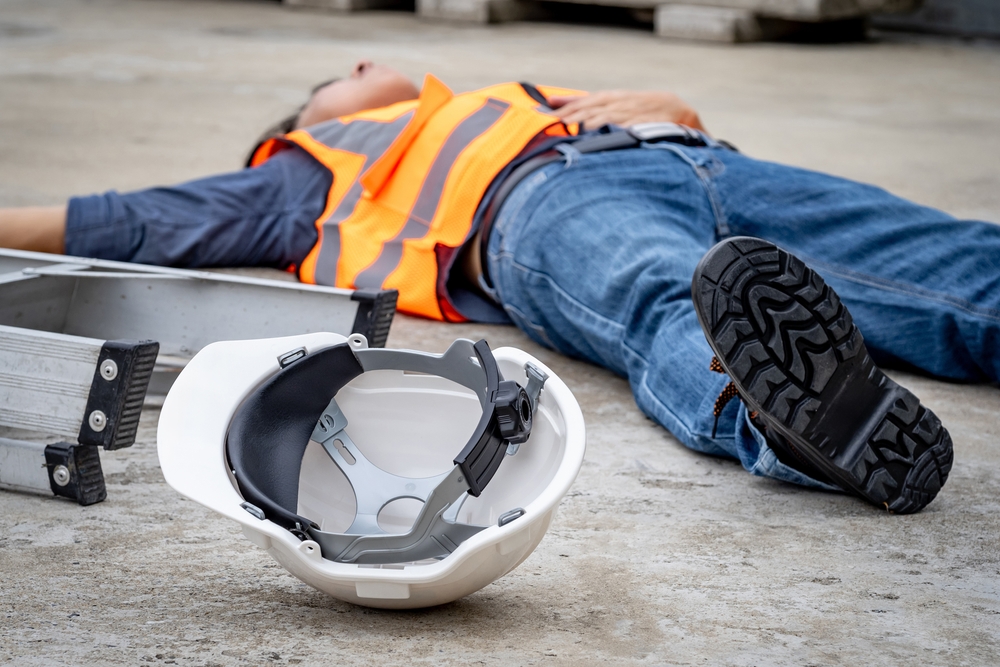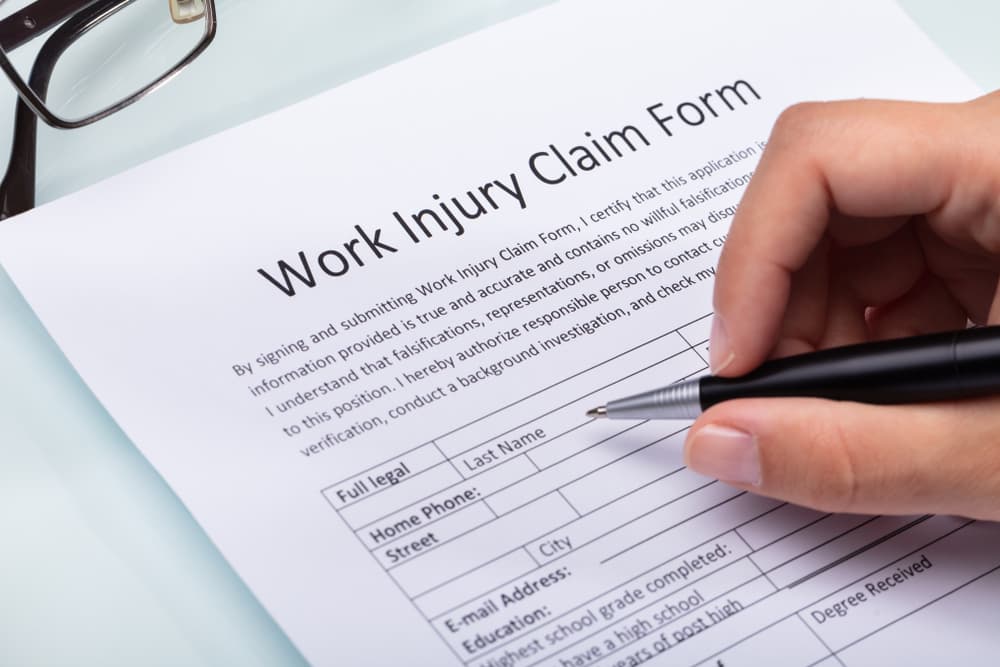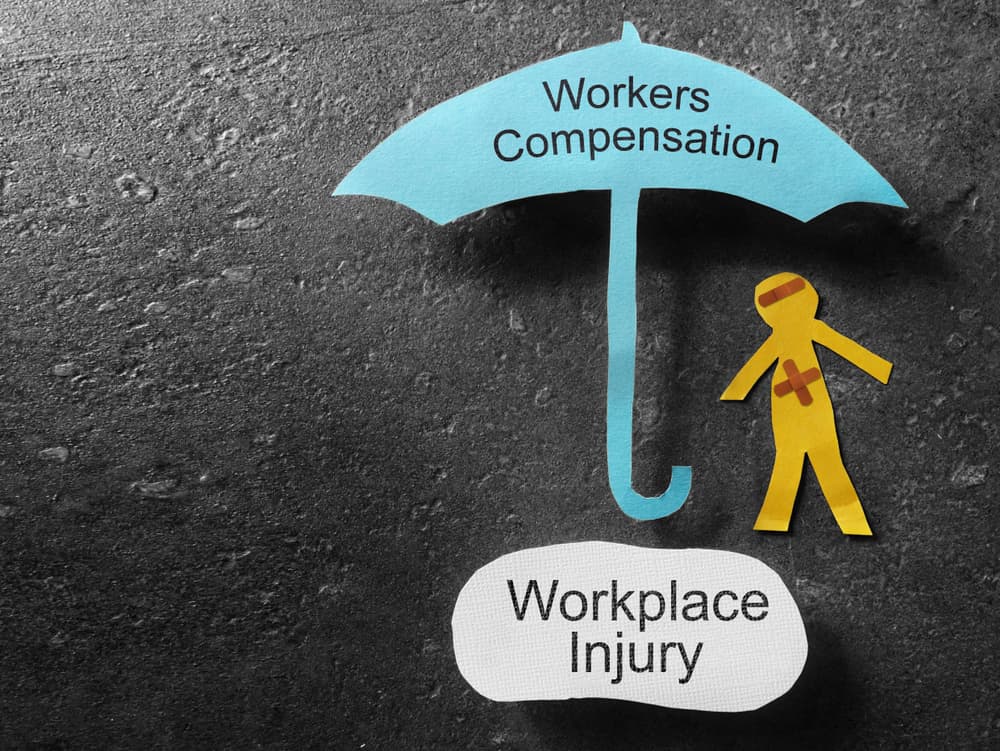
Workers’ Compensation and Occupational Disease
We all know that workers’ compensation pays for injuries that occur on the job. But what about diseases that are job-related? The answer is yes, workers’ compensation will pay a worker if they develop an occupational disease or their family if the employee died due to a work-related illness. This provides a measure of financial security if the worker cannot perform their work or must leave the workforce entirely due to an occupational disease.
However, the worker must be able to prove that circumstances on the job caused the occupational disease. Let’s look at the most common occupational diseases, how to prove they are job-related and how your workers’ comp lawyer can help.
What Are the Most Common Occupational Diseases?
Occupational disease depends on the nature of the work. Some of the most common are:
- Cardiac and respiratory disorders: The occupational diseases that frequently affect firemen are heart and lung disorders. This is directly related to smoke inhalation.
- Silicosis: This type of disease is caused by exposure to silica dust and affects miners. Some other jobs that involve exposure to silica are:
- Shipbuilders
- Oil field equipment sandblasters
- People who work with clay, ceramic or pottery
- Glass factory workers
- Workers who lay railroad track
- Hepatitis, TB and other blood-borne diseases: Labworkers, phlebotomists and nurses can be infected.
- Chemical poisoning: Such diseases involve direct contact with toxic chemicals such as arsenic. Workers inhale vapors on jobs involving industrial processes. Chemical exposure can also have a damaging effect on respiratory illnesses such as asthma.
- Asbestosis: This disease is caused by direct contact with asbestos. In the past, shipbuilders and mechanics were exposed to asbestos. In time, exposure can lead to asbestosis or mesothelioma. The latter is a form of cancer that is often fatal and the result of the exposure that happened years earlier. It can be found in the lungs and gastrointestinal tract.
- Hearing loss: This is a common problem among workers. A NIOSH study into this problem found that roughly 18 percent of all workers developed hearing loss. They found that three job types had the greatest hearing loss. These were construction, manufacturing jobs and mining. Other areas such as hospitality jobs leave workers prone to this.
- Cancer: Substances that are found and utilized in some jobs lead to cancer of various kinds.
- Mental health problems: One of the major illnesses that is job-related is related to mental health. An example of this would be post-traumatic stress disorder (PTSD). Those who work in law enforcement and the military are most often affected.
Proving a Relationship Between Work and Disease
Since occupational diseases are caused by work-related activities or exposure, proving that the job is an integral part of the disease process is necessary. To do this, the worker must prove the following:
- The disease is the result of occupational conditions or exposure to certain toxins that are known to initiate the disease.
- The disease is not one that any person might develop irrespective of the type of work they do.
For example, black lung disease is often found in coal miners. However, dermatitis might be the result of touching a chemical at work, yet be seen by the general public.
Occupation Disease Attorney in South Carolina
At the Morris law firm, we are prepared to defend our client’s rights in a number of ways. One of the most important is our ability to investigate a case thoroughly, so we are able to prove a link between our client’s illness and a causative factor. In terms of occupational disease, we send investigators to the workplace to establish causality since without this link the client will not win their case.
We also spend time with our clients to learn about them and their situation and review medical records and speak to experts in the field. We can help with the initial filing process or file an appeal when a case is rejected.
Call us at (843) 232-0944 in the Myrtle Beach area to schedule a free case review. If it is easier for you, please reach out to us online.







